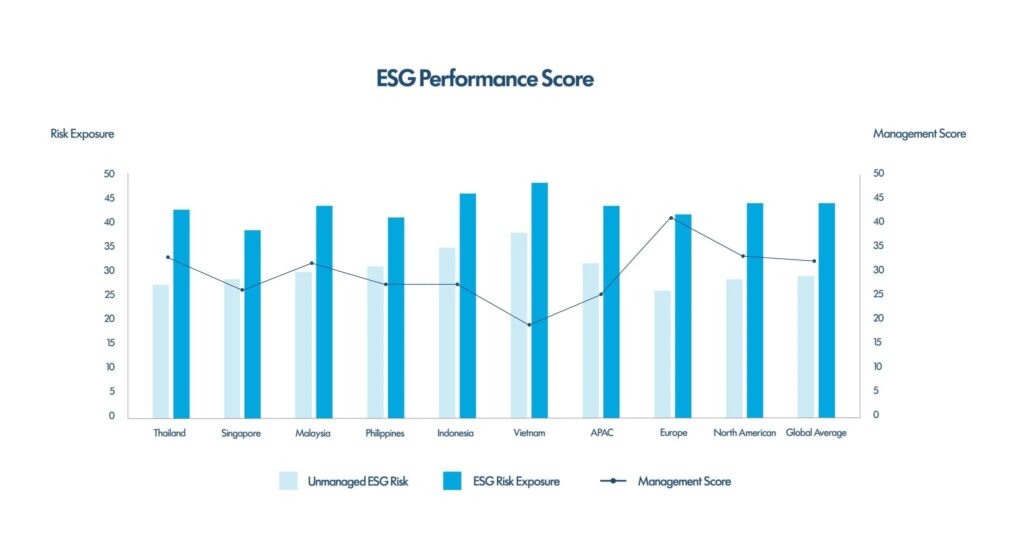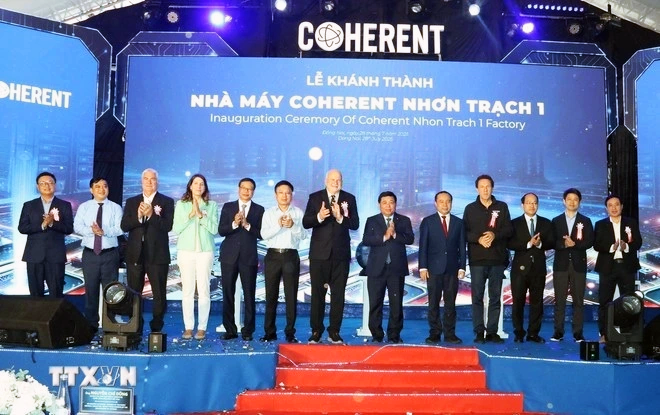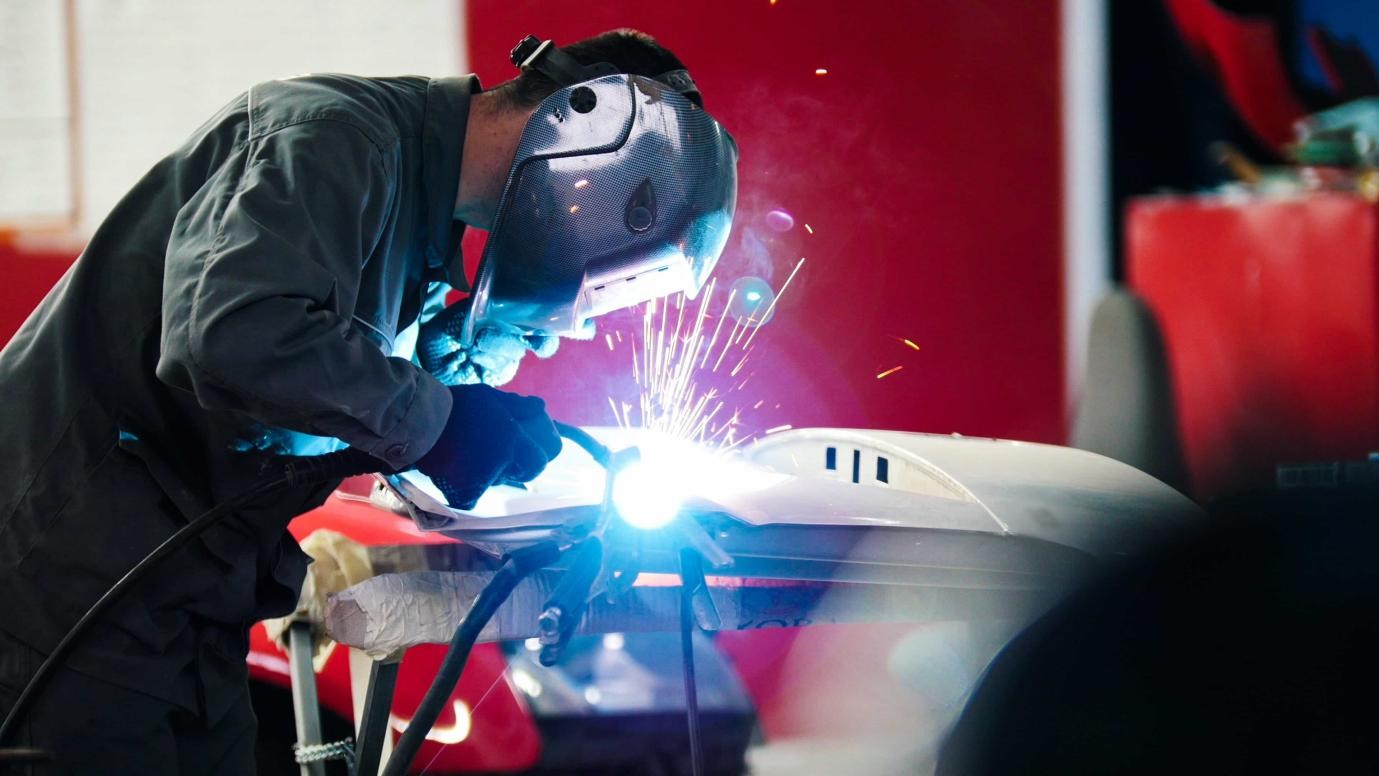商业环境
ESG – A Growing Focus in Vietnam and Opportunity for Sustainability in New Economy Real Estate
1 7 月, 2024
In recent years, the integration of Environmental, Social, and Governance (ESG) principles has emerged as a critical driver in attracting Foreign Direct Investment (FDI) to Vietnam. This underscores Vietnam’s steadfast commitment to nurturing sustainable and ethically responsible business practices within its economy.
Sustainalytics’s assessment of ESG disclosure and performance reveals that Vietnam encounters elevated unmanaged ESG risks attributable to lower management ratings and heightened exposure across sectors such as steel, mining, oil and gas, electric utilities, and food. With a heightened susceptibility to climate change impacts, Vietnam places emphasis on scrutinizing ESG disclosures to proactively tackle these issues.

Source: Sustainalytics
Environmental Sustainability
In 2021, the Vietnamese government made a strong commitment towards environmental sustainability on the transition to a carbon neutral economy by 2050 at the United Nations Climate Change Conference (COP26).
Green certifications like LEED (Leadership in Energy and Environmental Design) and LOTUS have emerged as benchmarks, gaining traction within Vietnam’s rapidly evolving landscape. LEED certification is a worldwide-used system for rating buildings, issued by the US Green Building Council, and currently sought by medium to large-scale projects in Vietnam. On the other hand, LOTUS is the first green building set of standards developed voluntarily by the Vietnam Green Building Council, tailored to align with the specific construction practices, regulations, and climate conditions in Vietnam.
According to the Ministry of Construction, there are currently over 300 projects certified as green buildings in Vietnam, encompassing a total floor area exceeding 7.2 million square meters. Preliminary data suggests that around 20% of factories in Vietnam hold certifications as green buildings as of 2023. Many industrial park and ready-built facility developers have adopted green building models and obtained LEED or LOTUS certificates to provide foreign producers a sustainable destination of investment.
BW is forging ahead in embracing ESG standards within the realm of industrial real estate. Demonstrating this progress, BW has pursued LEED Gold certification for the first project of 2024, BW VSIP Bac Ninh 2 Logistics Park, while already securing LEED Silver certification for BW Phu Nghia Logistics Park. Transitioning into operational phases, BW actively explores renewable energy prospects, notably spearheading two rooftop solar initiatives at BW My Phuoc 3 Industrial Hub and Tan Phu Trung 1 Logistics Park.
Further, LEGO’s groundbreaking initiative to establish its first-ever carbon-neutral factory in Binh Duong province exemplifies an FDI investor’s commitment to environmental sustainability in industrial manufacturing. Collaborating with the Vietnam-Singapore Industrial Park Joint Venture Company (VSIP), LEGO Group’s US$1 billion project, powered by a state-of-the-art solar energy system, emphasizes renewable energy utilization and environmental preservation. Additionally, LEGO’s pledge to replant 50,000 trees underscores its dedication to sustainable development in Vietnam.
Social Responsibility
Through ESG principles implementation, developers are exploring a myriad of innovative solutions to enhance the well-being of the society. An emerging approach to the “New Economy” is transcending traditional notions of brick-and-mortar structures, emphasizing 3 key aspects: infrastructure improvement, educational programs and healthcare initiatives.
At BW, to ensure all employees stay updated on global green standards, the company periodically arranges technical training sessions conducted by the U.S. Green Building Council. Further, in an endeavor to support the local community, BW provided scholarships to exceptional underprivileged students at Vietnam’s top economics university – Foreign Trade University in December 2022. Additionally, the company mobilized its staff to raise funds for school renovations in the rural mountainous province of Ha Giang, totaling 130 million VND.
Governance and Transparency
Efforts to enhance governance and transparency within the real estate sector include strengthening governance frameworks, promoting transparency, and fostering collaboration among stakeholders. One significant development in this regard is the growing emphasis on corporate transparency and disclosure requirements. This includes requirements for companies to disclose material information related to ESG factors, such as environmental impact assessments, social responsibility initiatives, and governance practices.
In 2022, Vietnam climbed four places to rank 52nd globally in the Global Real Estate Transparency Index by JLL and LaSalle Investment Management, indicating improving building standards across Asia. Among the top improvers, Vietnam’s rise in rankings was attributed to the government’s commitment to reducing greenhouse gas emissions and achieving net-zero carbon emissions by 2050.
Another outstanding example in developing ESG real estate belongs to the Belgium developer DEEP C, currently operating 5 industrial parks in Hai Phong and Quang Ninh with strong commitment on environmental sustainability, social responsibility, and governance. Initiatives like constructing a LEED-certified service complex in the Bac Tien Phong Industrial Zone, investing in Vietnam’s first wind power turbines in industrial parks, and a wide range of community support program through education, donations, healthcare assistance, and other voluntary programs showcase their commitment to reducing carbon emissions and supporting the local community. Additionally, DEEP C actively engages stakeholders to enhance transparency and streamline administrative procedures, aligning with their vision of sustainable development as a core value.
Opportunities for investors in the context of ESG-aligned real estate in Vietnam
With the introduction of the European Union’s (EU) Carbon Border Adjustment Mechanism (CBAM), the landscape of global trade is undergoing a significant transformation. Under the CBAM entering its transitional phase in October 2023, manufacturing businesses, starting with producers of cement, iron and steel, aluminium, fertilizers, electricity, and hydrogen, are required to demonstrate a commitment to reducing carbon emissions associated with their production. This mechanism aims to prevent carbon leakage by ensuring that imported goods meet the same environmental standards as those produced within the EU.
This development has profound implications for businesses seeking to export to the EU market. ESG-aligned real estate in Vietnam emerges as an increasingly attractive option for investors targeting the EU market. By locating their operations within ESG-focused industrial parks and ready-built facilities, businesses can position themselves to meet the stringent environmental criteria set forth by the EU or other major markets while capitalizing on emerging opportunities in sustainable development.
As an innovative and sustainable business, BW emphasizes the commitment to ESG values: “Environmental, Social, Governance, or ESG, is deeply ingrained in the BW company culture. We understand the need to act responsibly and empathetically, especially in times of uncertainty. We are an agile, purpose-led company. And with each new project, hire, and development, we seek new ways to support general well-being, diversity, gender equality, and clean, affordable energy.”







